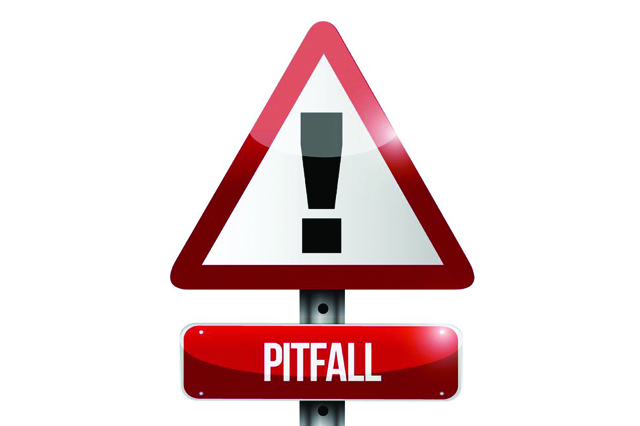Running a supply chain or even running part of one, is a risky business today and there are two main reasons why that’s so.
Firstly, the strategic partnerships often brokered to take advantage of raw material access and low-cost labor, distribute modern supply chains over the full expanse of the globe.
Secondly, competition, inflation and pressure from customers are forces that demand every supply chain leader to think in terms of agility, leanness and cost-reduction.
Finance Execs as Guardians of Supply Chain Continuity
Of course, being risk averse in supply chain management is an expensive luxury which most organisations can’t afford. So the important thing is for financial leaders (yes, if you’re a CFO, I’m talking to you), to stick their noses a little more deeply into the business of supply chain management. Finance chiefs should consider it a duty to help their more operationally-oriented colleagues exercise vigilance toward financial risks and guard against unexpected supply chain disruptions.
Risk Assessment Questions to Ask Frequently
In order to keep abreast of the financial risks that require mitigation in your supply chains, you should regularly be asking questions like those in the following list, to ensure as much as possible is known about where potential disruptions could come from:
- What should we know about our supply chain and partners that we’re not already aware of?
- Are we too reliant on a single supplier for our most important raw materials/components?
- How resilient are our second-tier suppliers?
- Are we over-focusing on supply chain cost-reductions, to the point of risking resilience?
- Which risks are likely to become surreptitiously and progressively greater over time?
- Are we looking at risks that may be posed by our larger customers (what happens if they suffer a disruption and are unable to receive finished goods?)
These questions are important to answer whether you are a supply chain manager, risk manager or a head of finance. In fact, the more people who seek the answers, the lower the likelihood of nasty surprises. While being risk averse may not be an option for your company, it’s an absolute must to be aware of the financial risks in your supply chain and to have contingencies in place—especially if you have anything to do with holding the organisational purse strings.



